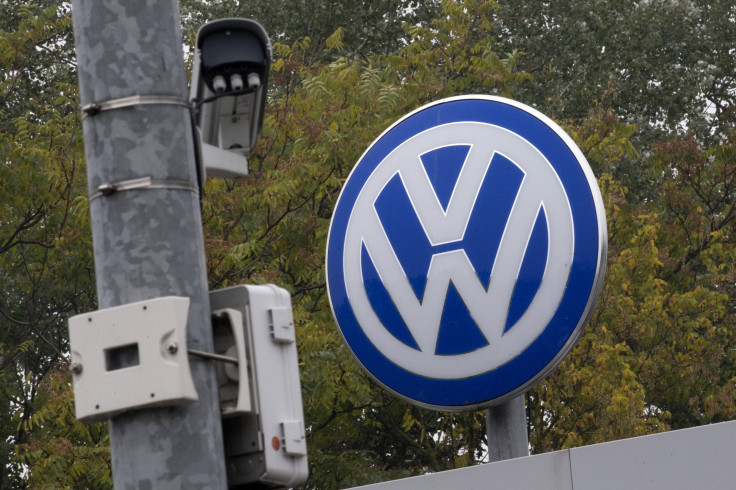Volkswagen emissions scandal to cause 60 premature deaths

The blues don’t seem to end for German car manufacturer Volkswagen. After an emission test scandal led to its first quarterly loss in 15 years, a new study led by the Massachusetts Institute of Technology (MIT) has revealed that over 482,000 diesel vehicles sold by Volkswagen in the US, that have evaded emission standards, will directly contribute to 60 premature deaths.
The use of “defeat devices” in light-duty diesel vehicles was discovered by the Environmental Protection Agency in September 2015, spiralling into a Volkswagen scandal. The software would sense when the car would undergo an emission test and enable its full emissions-control system for the duration of the examination, which would be non-functional while driving. This “cheat” would allow vehicles to emit 40 percent higher than the prescribed limit under the Clean Air Act.
The study, conducted by MIT and Harvard University researchers, finds that the Volkswagen emission scandal will have significant impact on public health. The number of unsanctioned vehicles sold in the US, multiplied by the amount of extra pollution and extrapolated over the health risk factors and distributions of population across the country, will cause 60 deaths, 10 to 20 years prematurely. Upon recall of every faulty vehicle by end-2016, an extra 130 premature deaths may be avoided. However, if the vehicles are not recalled in the US by Volkswagen, the surplus emissions compounded over a period of time will cause 140 premature deaths.
Volkswagen’s excess emissions will also cause numerous cases of chronic bronchitis and other cardiac and respiratory conditions. The study projects that US$450 million (AU$632 million) worth of healthcare expenses and social costs will be generated due to the lapse.
Steven Barret, lead author of the study and associate professor of aeronautics and astronautics at MIT, said of the study, “It seemed to be an important issue in which we could bring to bear impartial information to help quantify the human implications of the Volkswagen emissions issue,” in an MIT press release. “The main motivation is to inform the public and inform the developing regulatory situation.”
The study has been published in the journal Environmental Research Letters.
Contact the writer at feedback@ibtimes.com.au, or let us know what you think below





















